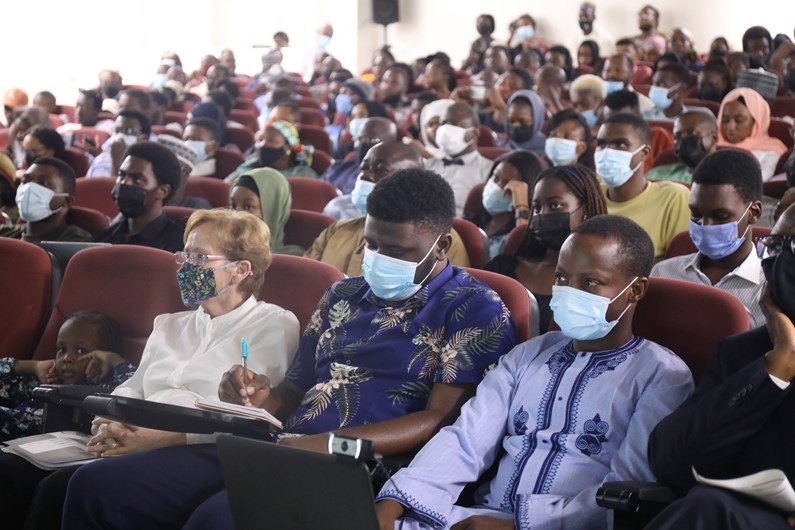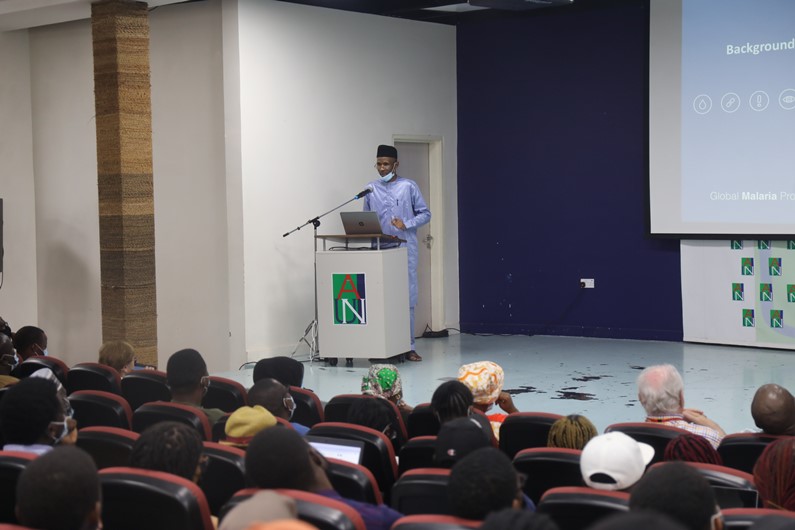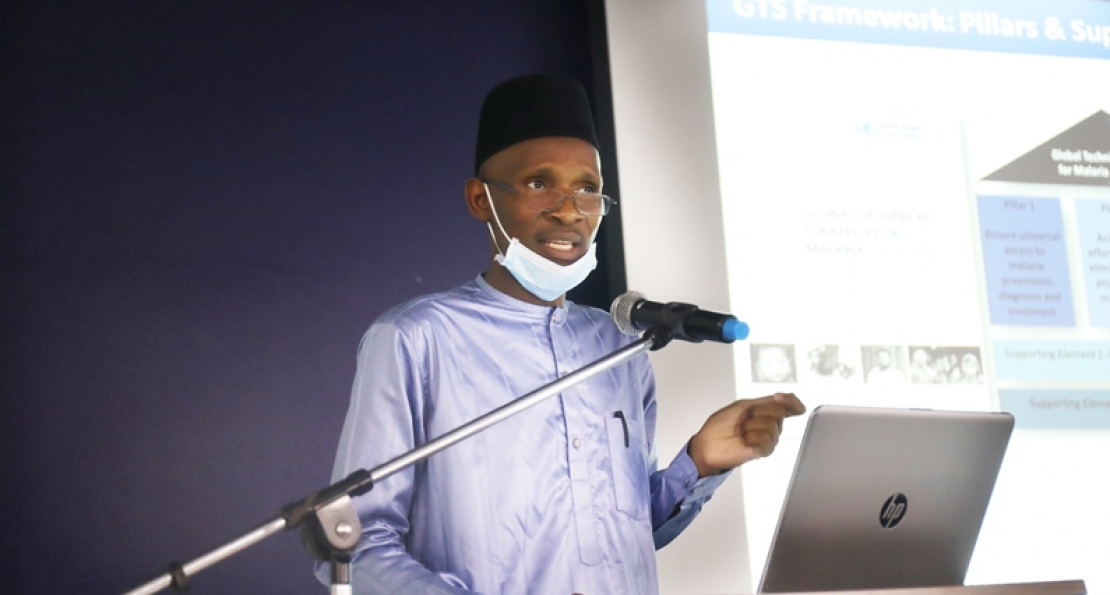The new malaria vaccine RTS,S/AS01, will considerably reduce malaria and malaria-induced deaths in Africa, especially among children.
Dr. Jalal-Eddeen Saleh, the Northwest Zonal Coordinator and National Professional Officer for Malaria in the WHO National Country Office spoke on the topic: 'The New Malaria Vaccine: What does it mean, at the 10th AUN-Atiku Institute Lecture on October 14, 2021. He added, however, that the vaccine is intended as a complementary malaria control tool, to be used alongside bed-nets and other proven measures.
"The long-awaited malaria vaccine for children is a breakthrough for science, child health, and malaria control," Dr. Jalal-Eddeen quoted the WHO Director-General, Dr. Tedros Adhanom Ghebreyesus. The Ethiopian-born WHO chief added: "Using this vaccine on top of existing tools to prevent malaria could save tens of thousands of young lives each year."
Dr. Jalal-Eddeen told the packed audience inside the auditorium of the e-library that the malaria vaccine, which has been in pilot use through routine immunization services in three Sub-Saharan African countries since 2019, "shows high uptake of the vaccine and reaffirmed its favorable safety profile."

He also disclosed that more than 800,000 children have already received at least 1 of the recommended doses of the RTS,S vaccine in selected areas of three countries – Ghana, Kenya, and Malawi - and more than 2.3 million doses have been administered.
"RTS,S/AS01 (RTS,S) is a vaccine that acts against Plasmodium falciparum, the deadliest malaria parasite globally ,and the most prevalent in Africa. The vaccine significantly reduces malaria and life-threatening severe malaria in children.
“The RTS,S malaria vaccine results from 30 years of research and development by GSK and through a partnership with PATH, with support from a network of African research centers."
He described malaria as "the largest killer of humans in history" but acknowledged that "unprecedented progress was made in the first 15 years of this century with malaria-related deaths plateauing in the last four to five years.”

Dr. Jalal-Eddeen and the WHO D-G Dr. Tedros Ghebreyesus are not the only experts celebrating the vaccine's introduction. "For centuries, malaria has stalked sub-Saharan Africa, causing immense personal suffering," said Dr. Matshidiso Moeti, WHO Regional Director for Africa. "We have long hoped for an effective malaria vaccine and now for the first time ever, we have such a vaccine recommended for widespread use. Today's recommendation offers a glimmer of hope for the continent which shoulders the heaviest burden of the disease and we expect many more African children to be protected from malaria and grow into healthy adults."


